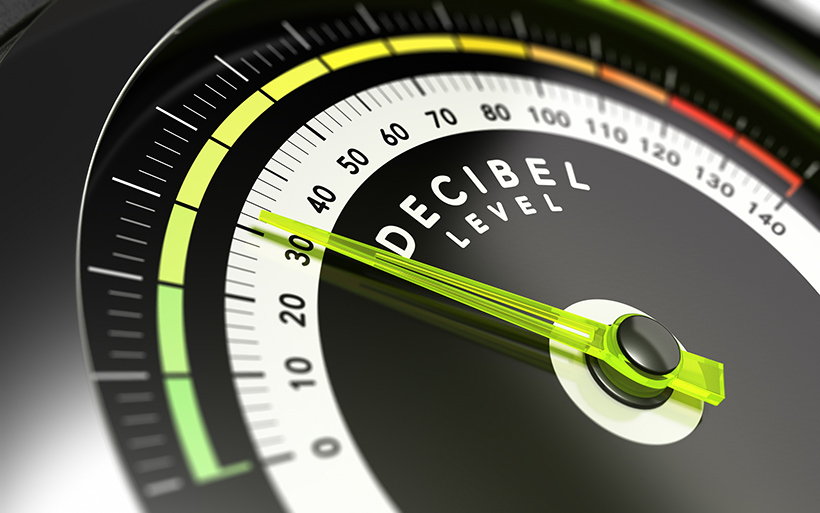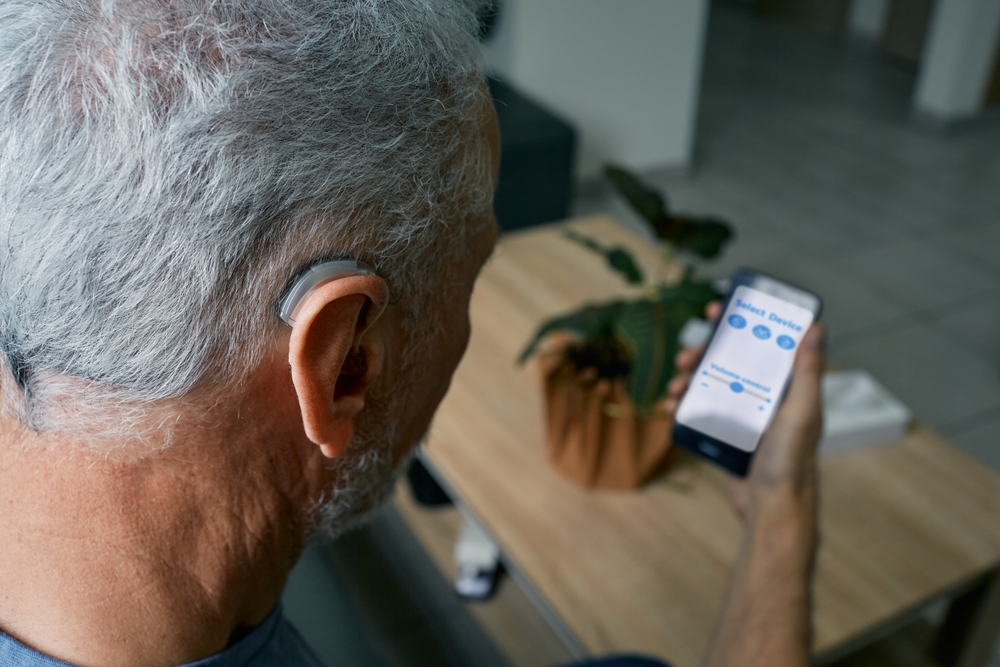Do you have trouble understanding friends and family members when talking to them on the phone? Can you hear your coworkers over the sound of the background noise in your office?
Maybe you’ve considered a Personal Sound Amplification Product (PSAP). After doing research online, however, you still have questions.
Is a PSAP a viable hearing aid alternative? Are there any risks involved with wearing them?
How Do PSAPs work?
PSAPs make the sound coming into the ear louder so an individual with mild hearing loss can hear it more clearly. PSAPs are modern versions of devices used in the 1800s before modern hearing aids were developed.
PSAPs tend to look very technologically-advanced. They use Bluetooth technology to bring distant sounds directly to your ears. These devices can be wirelessly connected to a smartphone, smart TVs, or high-end sound systems.
How Does the FDA Classify PSAPs?
The Food and Drug Administration (FDA) is the government agency responsible for protecting consumers from medical products that make fraudulent claims in the United States.
The FDA requires retailers to distinguish between PSAPs and hearing aids. Retailers also face penalties if they mislead consumers regarding the differences between the two devices.
Under FDA rules, PSAP manufacturers cannot call their products “medical devices” or claim they “help the hearing impaired” unless they meet the regulatory standards for hearing aids. The FDA classifies PSAPs as wearable recreational devices intended for occasional use by individuals who are not hearing impaired.
Devices that don’t meet the standards for hearing aids are largely unregulated, which you need to be aware of as a consumer. The Federal Trade Commission (FTC) and Consumer Reports similarly remind consumers that a PSAP is not a hearing aid.
How Are PSAPs Different From Hearing Aids?
A PSAP amplifies all sound coming into the ear. Like a hearing aid, you can connect the PSAP to a smartphone to listen to music or audio recordings. However, everything else, including background noise, becomes louder.
For example, if you turn up the volume on your PSAP in a store with a great deal of background noise, you are turning up the volume on all sounds inside the store. This will negatively impact your ability to hear the person you’re speaking to.
A hearing aid doesn’t simply amplify sound – it regulates the sound coming into the ear. Your hearing aid can distinguish between the person you’re speaking to and background noise. It can separate those sounds and minimize the distorted sounds that make listening to music and conversations unpleasant.
Your hearing aid can be adjusted to optimize listening in various settings, including:
- On the phone
- Conversations with multiple people
- Walking through the park
- In a restaurant
- At sporting events
- At the movies
- At festivals
In these settings, a PSAP will merely make everything louder. If you suffer from hearing loss, making all the sounds around you louder won’t help you hear more clearly. Loud sounds can cause discomfort or further damage your hearing.
When to Consider a PSAP
An individual who would occasionally like to hear sounds a little louder may benefit from a PSAP. For example, if you watch TV late at night while your spouse sleeps in the next room, a PSAP may end quarrels over late-night TV volume.
The Dangers of Using PSAPs
PSAPs seem appealing because they cost less than a quality hearing aid. You may think they are simply cheaper versions of hearing aids, but using PSAPs when you really need hearing aids will diminish your listening experience and can even be dangerous!
A hearing specialist can determine the cause of your hearing loss, which could be an infection, earwax, or a tumor. In these cases, delayed medical care could cause serious damage to your hearing and your overall health.
If your hearing loss is age-related, speaking with a hearing aid professional regarding solutions will help you stay safe, healthy, and connected with those you love.
Furthermore, indiscriminately amplified sound can cause or worsen your hearing loss. Using a PSAP has the potential to turn mild hearing loss into a major problem. In a recent report by Consumer Reports, consumers are reminded of this fact.
Making the Correct Decision for Your Hearing Loss
Some people incorrectly use PSAPs when they really need hearing aids. They don’t realize how much clearer and more enjoyable listening can be when wearing a hearing aid.
If you’re considering getting a PSAP, get your hearing tested first. Learn about the advanced hearing aid technology available to you.



